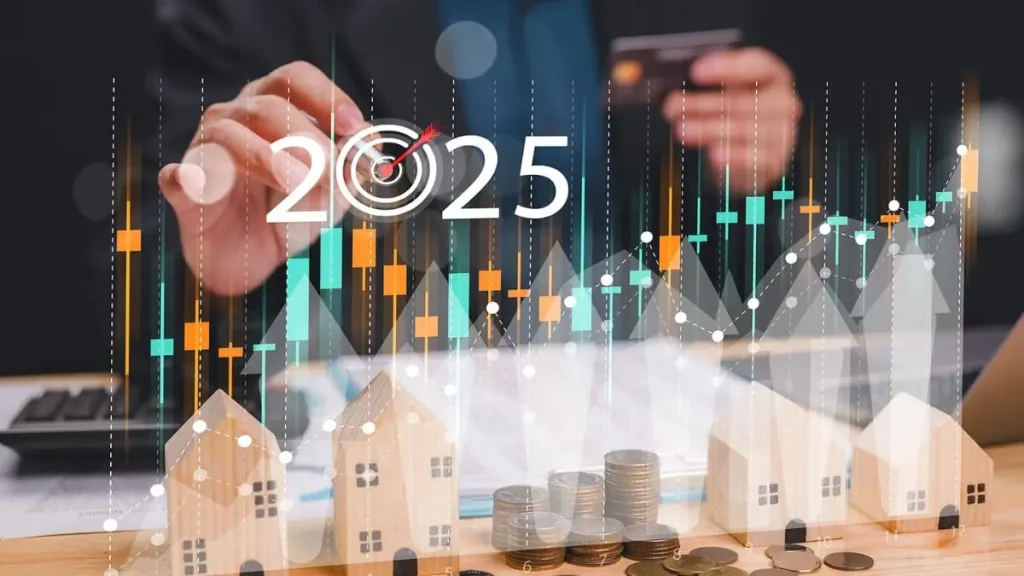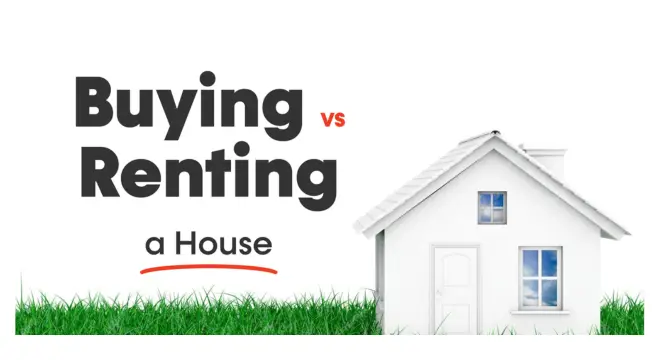Rising Home Prices: How Trump’s Tariffs Are Changing the Game
The housing market has experienced significant shifts in recent years, with tariffs imposed on various imports having a substantial impact on home prices. Trump’s tariffs on steel, aluminum, and lumber have led to rising costs for homebuilders, directly affecting the affordability of new homes.
As material prices increase, homebuyers face even greater challenges in securing their dream homes, while builders struggle to balance pricing and profits. In this article, we’ll explore how these tariffs have shaped the current housing market and what it means for homebuyers.
Trump Tariffs: A Catalyst for Rising Home Prices
Trump’s trade policies, particularly tariffs on imported materials, have created a ripple effect in the housing market. Builders have faced higher costs for essential construction materials, such as steel and lumber.
These price hikes have led to increased costs for new homes, affecting both builders’ profit margins and homebuyers’ purchasing power. As a result, many potential homebuyers find themselves grappling with higher-than-expected prices, making it more difficult to enter the market. For builders, the challenge lies in finding a balance between profitability and maintaining competitive pricing.
Homebuilders: Adapting to Economic Shifts

As building material costs rise, homebuilders are faced with difficult decisions regarding pricing and timelines. Builders may need to adjust their strategies, possibly opting for smaller homes or cutting back on premium features to absorb higher costs. Some may explore alternative materials, though that comes with its own set of challenges.
Additionally, construction delays are becoming more common, which further affects homebuyer expectations. Builders must adapt to the new normal by finding creative solutions to mitigate the impact of these tariffs on their business.
Are you a homebuyer affected by rising construction costs? Share your thoughts in the comments below!
Economic Implications for Homebuyers
The rising cost of homes due to Trump tariffs has put significant pressure on homebuyers. Many are finding themselves priced out of desirable markets or forced to lower their expectations regarding the size and features of their new homes. However, there are ways buyers can still navigate this market successfully.
One key strategy is to look for homes with fixed prices or consider purchasing in markets where home prices are more stable. Additionally, buyers may want to explore financing options or government programs that can help offset some of the increased costs.
It’s also a good time for homebuyers to consider investing in long-term improvements that add value to their homes, such as home security. As the market fluctuates, a secure home becomes even more critical for safeguarding investments.
Enhanced security measures, such as modern surveillance systems and smart home technologies, can not only provide peace of mind but can also increase the resale value of a property.
According to a Realtor, these rising home prices are expected to continue, and buyers may face additional challenges if tariffs persist. It’s crucial for homebuyers to consider both the financial impact of home prices and the long-term value of investing in security.
Explore Jim Carrey’s impressive $19.5M Brentwood estate, where privacy and security meet wellness in an extraordinary home.
What Can Homebuyers Do to Protect Their Investments?
In a fluctuating economy, homebuyers must take proactive steps to protect their investments. Implementing modern upgrades, securing financing options, and focusing on long-term security can all play a key role in ensuring that a property maintains or increases in value. Below are some essential strategies for buyers to consider:
- Invest in Home Security: Modern upgrades like smart security systems, surveillance cameras, and automated lighting not only provide peace of mind but also enhance the home’s overall value.
- Smart Home Technologies: Features such as smart locks, motion sensors, and automated systems can improve convenience and safety, making your home more appealing to future buyers.
- Financial Strategy: Locking in favorable mortgage rates and staying updated on local housing trends will help buyers navigate the market for long-term stability and better financial security.
- Long-Term Protection: Investing in security upgrades today safeguards your home, increases its marketability, and ensures higher returns when it’s time to sell.
By considering these steps, homebuyers can protect their investments and make informed decisions for the future.
Have you made any security upgrades to your home? Share how you protect your investment in the comments below!
Navigating the Future of Homeownership Amid Economic Changes

As economic conditions shift, it’s essential for homeowners and potential buyers to plan strategically for the future. Making the right investments now will ensure the home remains valuable and sustainable over the long term. Here are key considerations for navigating this changing landscape:
- Energy-Efficient Home Upgrades: Installing features like high-quality insulation, energy-efficient windows, and smart thermostats can reduce energy costs and increase the long-term value of a home. These upgrades help homeowners save money and align with the increasing demand for sustainable living.
- Sustainable Living: Investing in eco-friendly home technologies such as solar panels, green roofing, and energy-efficient appliances not only boosts a home’s appeal but also positions it as a more desirable option for environmentally-conscious buyers. Sustainable homes are becoming a growing trend and will command higher prices in the future.
- Home Automation: The integration of smart devices and home automation systems (e.g., automated lighting, climate control, and smart security) can make homes more comfortable and energy-efficient. These technologies reduce energy consumption, making the home more attractive to potential buyers.
- Community Stability: Investing in homes located in stable, well-established communities is a wise strategy. Buyers should focus on areas with strong infrastructure, good schools, and low crime rates. These neighborhoods tend to have higher property values and are more resilient during economic downturns.
With these strategic investments, buyers can safeguard their homes against market volatility and ensure they retain value for years to come.
Conclusion
In the face of rising construction costs due to tariffs, homebuyers and builders must adapt by making informed decisions. From securing favorable mortgage rates to investing in energy-efficient upgrades and home security systems, there are numerous ways to protect investments. Understanding the impact of tariffs and focusing on future-proofing a home can help buyers navigate the changing landscape of the housing market.
Stay updated on how economic changes affect your homeownership journey. Follow us for more insightful articles on home security, property investment tips, and smart home solutions. Don’t miss out on staying ahead in today’s housing market.
Disclaimer: The information provided is for educational purposes only and should not be considered as financial or investment advice. Always consult with a professional before making any financial decisions.


